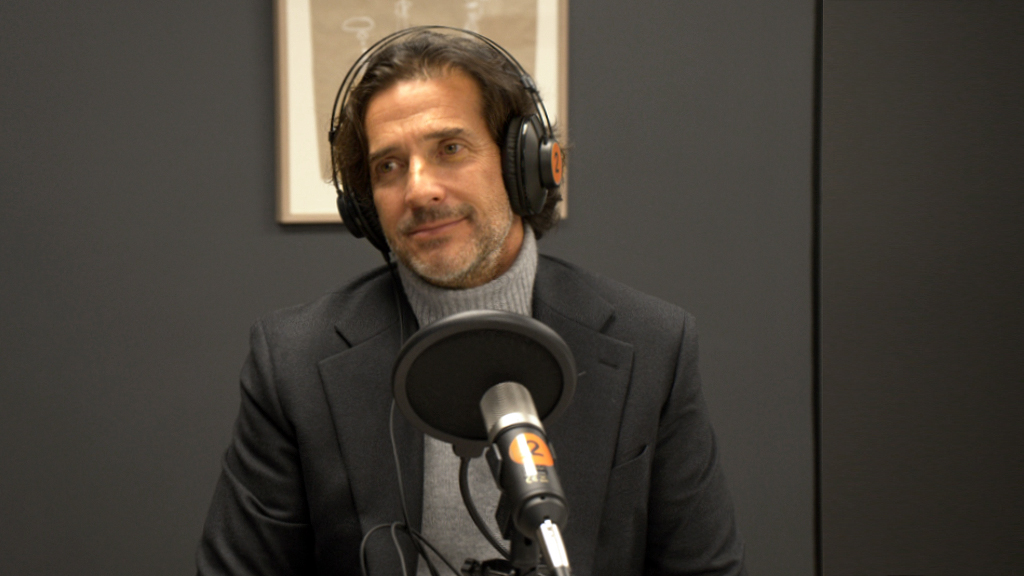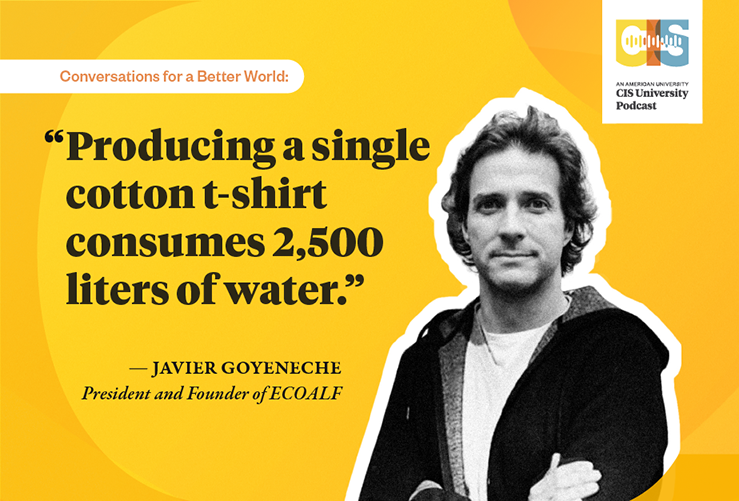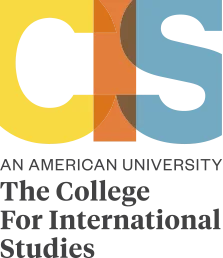Did you know that approximately 68% of the waste that fishermen collect in their nets can be recycled into high-quality textile products? And did you know that one in three fish caught for consumption already contains microplastics inside? These are some of the shocking facts that Javier Goyeneche, founder of ECOALF, shared with us during his visit to “Conversations for a Better World.”
Javier is a born entrepreneur with concerns from an early age. As a result of the Barcelona 92 Olympic Games, and the curiosity that it was generated among collectors of sports pins, he founded his first company specializing in metal badges, or what in the field of Olympic competition is colloquially called “chapas”. The crisis of 93 put an end to his adventure but not to his entrepreneurial spirit.
Some time later, Javier would launch “Fun & Basics”, the well-known brand of accessories that grew to become his first success and which he sold to temporarily get away from the world of fashion.
Sustainability, recycling and ECOALF arrive
After a pause in which he reconsidered his priorities, our guest reinvented himself again, focusing on sustainability and the circular economy, at a time when, as he points out, everything was yet to be done and discovered:

“Back then, when we started, sustainability was not a priority and recycling even had a huge pejorative connotation. (…) Even a manager of the largest stores in this country asked me who would want to buy clothes made from leftovers and residues.”
For ECOALF, his new company, the beginnings were not easy. After a journey through Asia that led him to discover techniques for the reuse of plastics and polymers, he finally found the right key: picking up all the waste, -especially plastic, but also glass and aluminum, through containers on the coast- that fishermen collected with their nets. Then, waste is separated, treated and the polymers that once lay at the bottom of the sea become the thread with which innovative textile garments will be woven.
It is estimated that between 50 and 70 plastic bottles are needed to make one meter of fabric. Just try to imagine the containers have been removed from the sea to shape a simple recycled garment.
And we can say without a doubt that ECOALF is one of the most innovative and successful ideas that have emerged in our country; It all started with the aim of leaving a better world for our children, the rest is simply history.
Adjust the volume of your headphones and immerse yourself in an ocean of wisdom, innovation and respect for the environment, led by Javier Goyeneche and María Díaz de la Cebosa.

